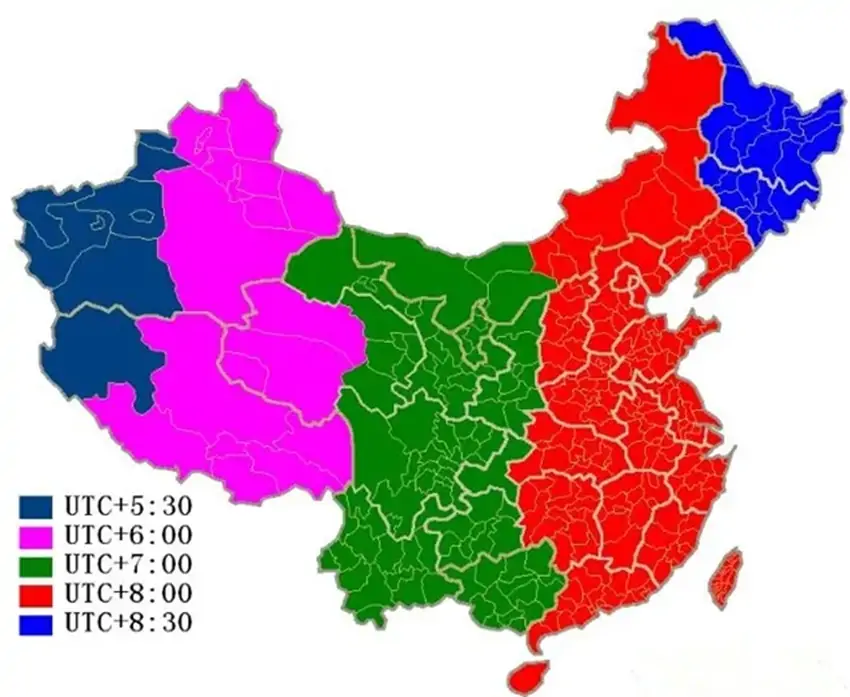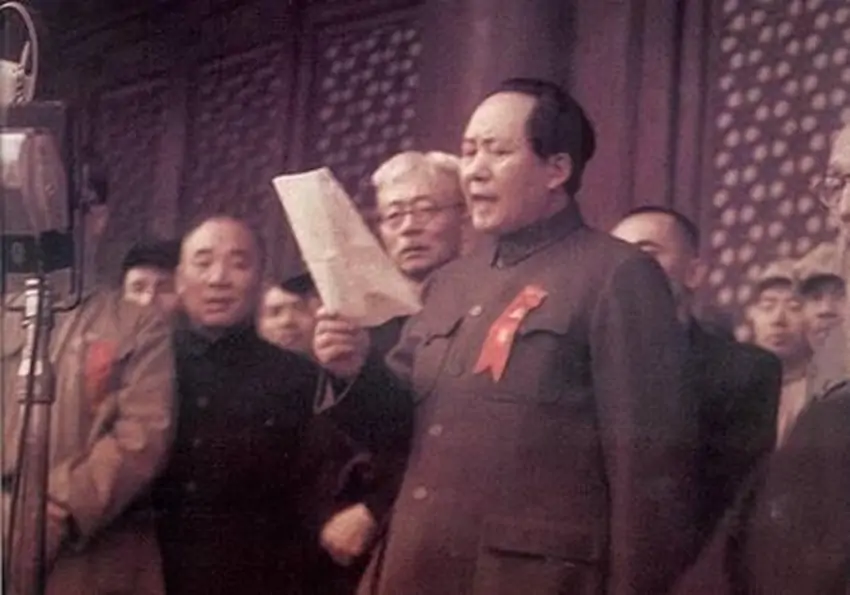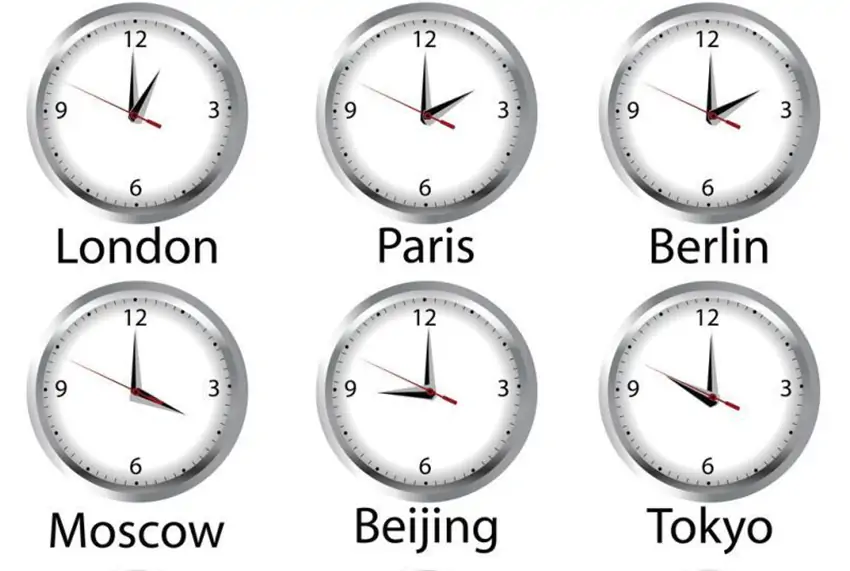How Many Time Zones In China?
When we think of time zones, countries like the United States, Russia, or Canada often come to mind as nations that span several different zones to account for their expansive geography. However, China, despite being nearly as large as the U.S. and spanning 5 geographic time zones, operates under a single official China time zone. This unique situation has significant historical, political, and cultural implications. In this article, we will explore why China has just one time zone, its impact on daily life, and the unusual experiences it creates for residents and travelers alike.
The Geographic Reality: China’s 5 Natural Time Zones
China is geographically vast, covering approximately 9.6 million square kilometers. If China were to adhere to time zones based strictly on longitude, the country would be divided into five distinct time zones:
1. Kunlun Time Zone (UTC+5)
2. Tibet Time Zone (UTC+6)
3. Gansu-Sichuan Time Zone (UTC+7)
4. ZhongYuan Time Zone (UTC+8)
5. Changbai Time Zone (UTC+9)
Despite this natural division, the entire country officially follows Beijing Time (UTC+8), which is the standard China time. This means that from the western deserts of Xinjiang to the eastern shores of Shanghai, the clocks show the same time in China. This results in some unusual situations, especially in the western regions of the country.

The Historical Decision: How One Time Zone Came to Be
The decision to use a single China time zone across the nation dates back to 1949, shortly after the founding of the People’s Republic of China. Prior to that, during the Republic of China era, there were five official time zones, reflecting the country's vast geographical range. However, in a bid to unify the nation both politically and symbolically, the new government decided that Beijing, the political center, should set the time in China for the entire country.

This move was part of a broader effort to solidify national unity. The newly established Communist government, under the leadership of Mao Zedong, was keen on consolidating its control and streamlining governance. A single China time zone was seen as a way to enforce this centralization. By aligning all regions with Beijing Time, it reinforced the idea of Beijing as the heart of the nation.
The Impacts on Daily Life: Living in China’s Single Time Zone
China’s single time zone creates some interesting and often challenging daily routines for people, especially those living in the far west of the country, such as Xinjiang and Tibet.
In western China, particularly in Xinjiang, where geographically the time should be around 2 to 3 hours behind Beijing, the sun rises and sets significantly later. For example, in the summer, sunrise might not occur until after 9:30 AM, and the sun might stay up until nearly midnight. This has led to a variety of local adaptations to the China time zone.
Xinjiang’s Local Time
In Xinjiang, many people follow an informal “local time,” often referred to as Xinjiang Time (UTC+6), which is two hours behind Beijing Time. Businesses and schools might open later, and people may schedule their activities according to the local time rather than official China time. However, the official clocks, train schedules, and government institutions still operate on Beijing Time.

This dual time-keeping system can be confusing for outsiders and travelers. It's common to hear someone say "Beijing time" or "local time" when making appointments or setting up meetings. For local residents, this flexibility allows them to deal with the discrepancy between their natural time and the government-imposed standard China time zone.
Political and Cultural Implications: More Than Just Time
The decision to enforce a single China time zone across such a large country has sparked political and cultural discussions, particularly in regions with significant ethnic minorities, like Xinjiang and Tibet. Some argue that the imposition of Beijing Time is a symbol of the central government’s desire to control and suppress regional autonomy.
In Xinjiang, home to the Uighur ethnic group, some view China time as an instrument of political control. By forcing the region to follow Beijing Time, critics argue that the central government undermines local customs and daily life. The Uighur people, whose culture and traditions are distinct from the Han Chinese majority, have historically used their own time system. Therefore, the enforcement of Beijing Time is sometimes seen as part of a broader effort to assimilate minority cultures into the dominant Han culture.
However, the government insists that a single China time zone is a practical decision aimed at promoting national unity and efficiency. From a logistical perspective, having one time zone simplifies transportation, communication, and business operations, making it easier for the country’s vast economy to function smoothly.
The Traveler’s Experience: Managing Time Across China
For travelers, adjusting to China time can be an intriguing challenge. Imagine visiting the eastern city of Shanghai, where the sunrise aligns naturally with the clocks, and then traveling to the far-western city of Kashgar, where the sun rises much later in the day despite the clocks showing the same time in China.

For travelers, adjusting to China time can be an intriguing challenge. Imagine visiting the eastern city of Shanghai, where the sunrise aligns naturally with the clocks, and then traveling to the far-western city of Kashgar, where the sun rises much later in the day despite the clocks showing the same time in China.
One of the most iconic examples of long-distance rail travel is the Orient Express, which evokes images of luxurious journeys across multiple time zones in Europe. While the original Orient Express doesn't reach China, many travelers wonder whether it's possible to continue such a grand adventure into the Far East. China offers its own opulent rail journeys, like the China Orient Express, allowing travelers to explore China's stunning landscapes— all within the quirk of operating under a single time zone. Despite the vast geographical and cultural diversity, these trains operate exclusively on Beijing Time, adding to the unique travel experience across the country.
Here are some tips for travelers navigating China’s time zone quirk:
1. Plan Ahead for Transportation: When booking trains, flights, or other long-distance travel, always check that the departure and arrival times are in Beijing Time, even if you’re in a region where people informally use local time.
2. Adapt to Local Schedules: In western China, be prepared for activities to start later in the day. Shops, restaurants, and attractions might open and close according to local time, even though official schedules follow China time.
3. Use Multiple Clocks: If you’re staying in Xinjiang or Tibet for an extended period, it might help to set one clock to Beijing Time for official purposes and another to local time to match the daily rhythm.
Why the Single Time Zone Works (Mostly)
Despite its quirks, China’s single time zone generally works well for much of the country, particularly in the densely populated east. Beijing Time aligns with the natural day-night cycle for regions such as Beijing, Shanghai, and Guangzhou, where most of the population resides.

For businesses, having one time zone simplifies operations. Employees across the country don’t have to account for different time zones when scheduling meetings or coordinating projects. It also simplifies nationwide broadcasts and government announcements, as everyone is working off the same clock—China time.
China’s decision to operate under a single time zone is a fascinating reflection of its unique approach to governance and national unity. While it creates certain challenges, particularly for those living in the western regions, the system has proven effective in streamlining communication and centralizing power.
If you want to know more about Chinese culture, time difference, travel, etc., please contact us. We have a professional team to provide you with services.

 Flow us
Flow us











